UBC researchers across a range of domains are addressing the many aspects of COVID-19 and its impacts. Learn how UBCO research expertise is being put to use to protect Canadians.
- Anti-fouling anti-fogging face shields utilizing liquid-like omniphobic coatings for COVID-19 healthcare providers (Kevin Golovin, Engineering)
- Back to Basics: A Sustainable Response to COVID-19 (Eric Li, Management)
- Building Resilient Rural Communities: Understanding the Mental Health Impacts of COVID-19 (Nelly Oelke, Nursing)
- Capturing the Anticipated/Unanticipated Consequences of COVID-19 and COVID-19 Prevention, Management Strategies (Donna Kurtz, Nursing)
- Care Dental: Impact of an Airborne Infection Isolation Standard HVAC System (Jonathan Little, Health and Exercise Sciences)
- Challenges and Technology Use among Rural Community Residents during COVID-19 Pandemic (Kathy Rush, Nursing)
- COACH for COVID: A student-delivered Community Outreach telehealth program for COVID education and Health care Brodie Sakakibara, Southern Medical Program)
- Confidential Virtual Addiction Treatment for Healthcare Workers (Lesley Lutes and Zachary Walsh, Psychology)
- COVID-19 Impact on Travel Demand and Transportation System (Mahmudur Fatmi, Engineering)
- COVID-19: Developing Korean Canadians’ Civic Engagement Strategies in the COVID-19 Era (Kyong Yoon, Cultural Studies)
- COVID-19: Identifying and Addressing the Needs of Ontarians with Disabilities (Kathleen Martin Ginis, Health and Exercise Sciences)
- Design, characterization and manufacture of sustainable filtration masks from medical-grade lignin and cellulose to combat COVID-19 (Abbas Milani and Frank Ko, Engineering)
- Development of a fluorescent-based serological testing for COVID-19 (Ian Foulds, Engineering)
- Development of Airborne COVID-19 Isolation and Elimination Device (Sunny Li, Engineering)
- Development of low-cost, compact fibre optic O2 and CO2 gas sensors for COVID-19 applications of portable metabolic analyzers (Kenneth Chau, Engineering)
- Early Detection of COVID-19 through Artificial Intelligence (Philip Ainslie, Health and Exercise Sciences)
- ELECTRA platform: Electrochemical-based Aptasensor for early detection of COVID-19 (Mina Hoorfar, Engineering)
- Going Digital during COVID-19 and beyond: Expanding the Reach of an Effective Diabetes Prevention Program through a National YMCA Platform to Enhance Accessibility (Mary Jung, Health and Exercise Sciences)
- Kootenay Boundary Virtual Health Use (Kathy Rush, Nursing)
- KT Methods Cluster-Consensus Methods Phase 2B: Project 2 (Nelly Oelke, Nursing; Heather Gainforth, Health and Exercise Sciences; Katrina Plamondon, Nursing)
- Magnetic levitation system for culture-independent virus isolation from biological and environmental samples (Sepideh Pakpour, Engineering)
- PCR lab-on-chip system for rapid and sensitive identification of SARS-CoV-2 infected case (Sepideh Pakpour and and Mina Hoorfar, Engineering)
- MCN Post-Doc Research; Better Serving People with Multiple, Complex Needs in BC through Health System Impact (Rachelle Hole, Social Work)
- Mobile Uninterruptible Power Supply (UPS) System for Ventilators (COVID-19) (Jian Liu, Engineering)
- Nav-CARE: Max Bell: Volunteer navigation partnerships: A compassionate community approach to care (Barbara Pesut)
- Optimal Use of Utility Infrastructure for Residential Communities: Lessons Learned from COVID-19 (Shahria Alam, Engineering)
- Parent Discharge Experiences – COVID-19 Related Protocol Changes: Discharge Experiences of Parents of Children Living with a Complex Medical Condition (Lise Olsen, Nursing)
- Response to COVID-19 in the Homelessness Sector and Impact on Service Providers and Users (John Graham, Social Work)
- Self-Disinfecting TiO2 Coating to Enable Antibacterial, Antiviral and Reusable Facemasks (COVID-19) (Jian Liu, Engineering)
- Smart and Low-Cost Face-Shields Capable of Protection, Prevention and Detection for Essential Workers Fighting COVID-19 Pandemic (Mohammad Zarifi, Engineering)
- Social & Economic Impact (SE-Impact) on Tenure Track Faculty: a Canadian Perspective on COVID-19 (Jennifer Davis, Management)
- Strategies to Relieve Suffering at End-of-Life (STRS-EOL) (Barbara Pesut, Nursing)
- The Outreach Project: COVID-19 Adaptation (Paul van Donkelaar, Health and Exercise Sciences)
- Venous Thrombosis Virtual Surveillance in COVID (VVIRTUOSO) (Donna Kurtz, Nursing)
- Volunteer navigation partnerships: A compassionate community approach to care (Barbara Pesut, Nursing)



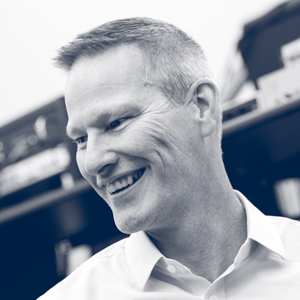 Q: Despite the pandemic, research is ongoing, it just looks a little different. Can you give us a snapshot of what’s happening on and off campus from a research perspective?
Q: Despite the pandemic, research is ongoing, it just looks a little different. Can you give us a snapshot of what’s happening on and off campus from a research perspective?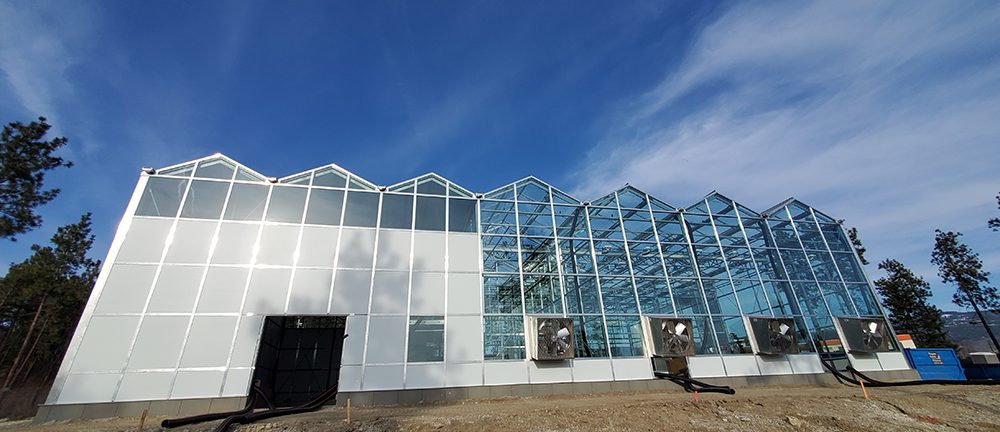
 Q: What is your vision as scientific director of the new Plant Growth Facility?
Q: What is your vision as scientific director of the new Plant Growth Facility?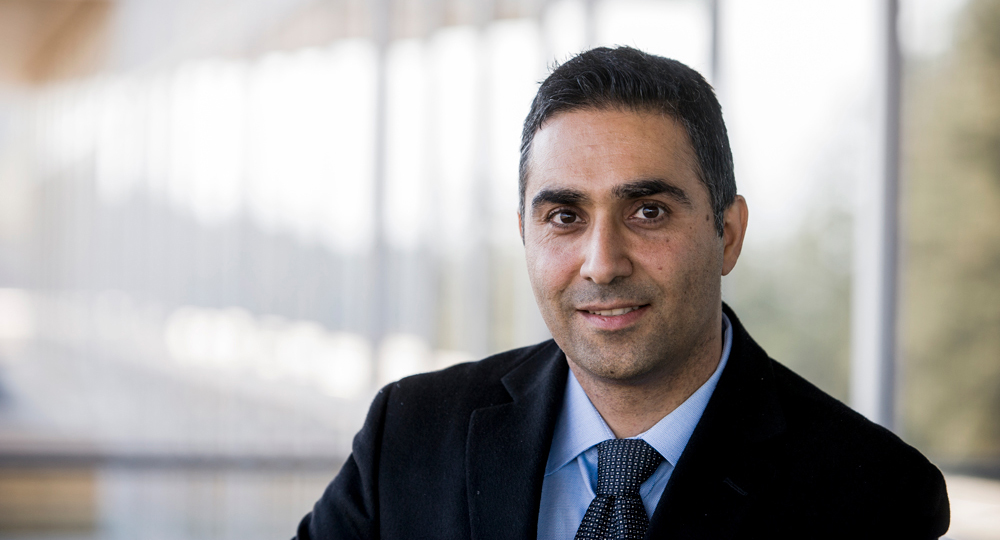
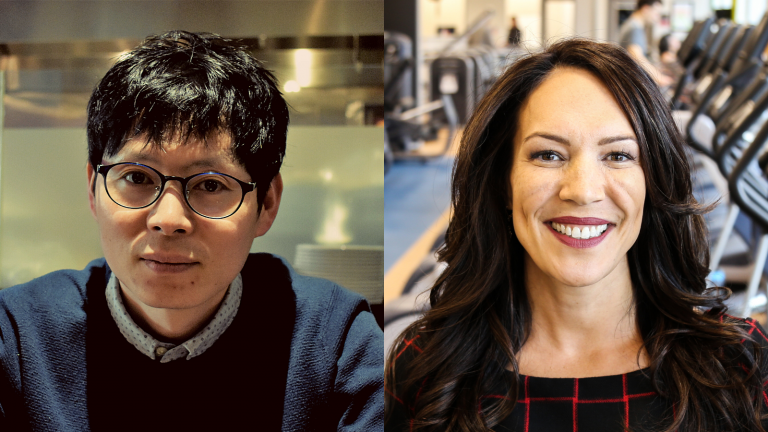
 Primary Investigator:
Primary Investigator:  Primary Investigator:
Primary Investigator: 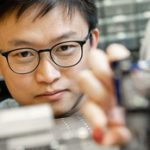
 Primary Investigator:
Primary Investigator: